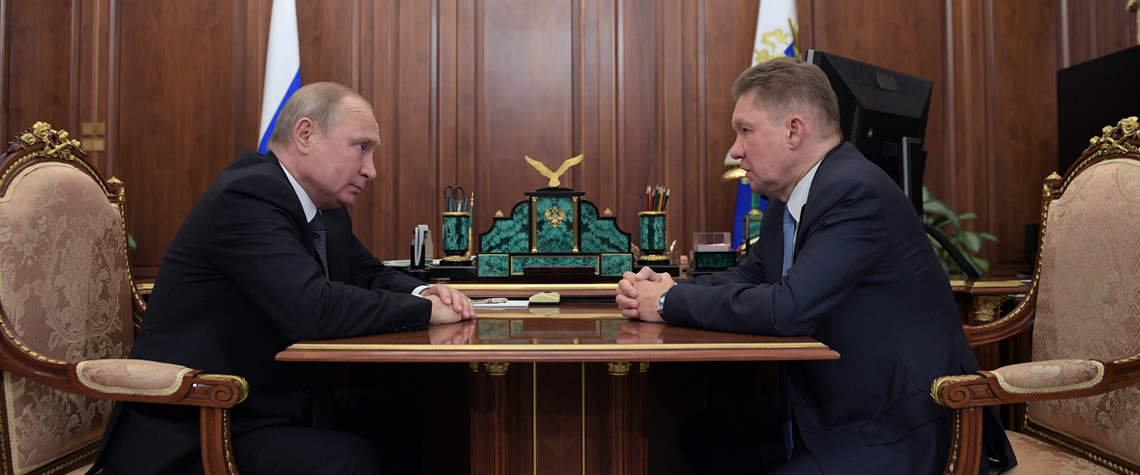Putin backs trans-Mongolian pipeline
Russian leader challenges Gazprom reluctance to accept China’s preferred route for proposed new gas pipeline
President Vladimir Putin summoned Alexei Miller, CEO of Russian state-controlled gas firm Gazprom, to the Kremlin in September to consider options to construct a new gas supply pipeline to China through Mongolia, in an effort to cut through internal Gazprom resistance to the route. Putin stressed that the route had Chinese governmental support. Gazprom had earlier in the month met with representatives of CNPC, one of China’s ‘big three’ oil and gas firms, in Beijing to discuss developing a second gas pipeline to link its vast Eastern Siberian gas resources with the world’s biggest gas import market. A pipeline through Mongolia is not Gazprom’s first choice. Since finalising plans for the fir

Also in this section
4 March 2026
The continent’s inventories were already depleted before conflict erupted in the Middle East, causing prices to spike ahead of the crucial summer refilling season
4 March 2026
The US president has repeatedly promised to lower gasoline prices, but this ambition conflicts with his parallel aim to increase drilling and could be upended by his war against Iran
4 March 2026
With the Strait of Hormuz effectively closed following US-Israel strikes and Iran’s retaliatory escalation, Fujairah has become the region’s critical pressure release valve—and is now under serious threat
3 March 2026
The killing of Iran’s Supreme Leader Ayatollah Khamenei in US–Israeli strikes marks the most serious escalation in the region in decades and a bigger potential threat to the oil market than the start of the Russia-Ukraine crisis







